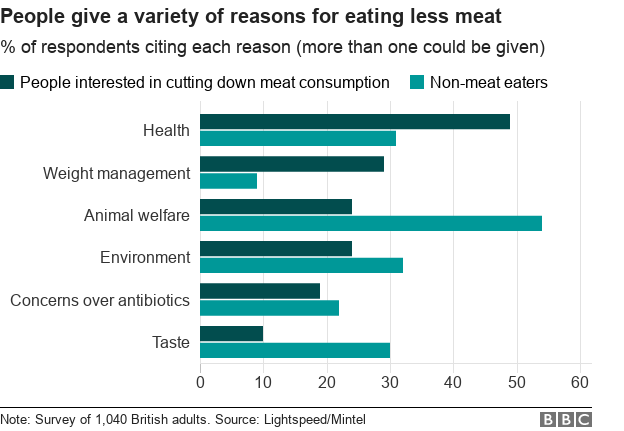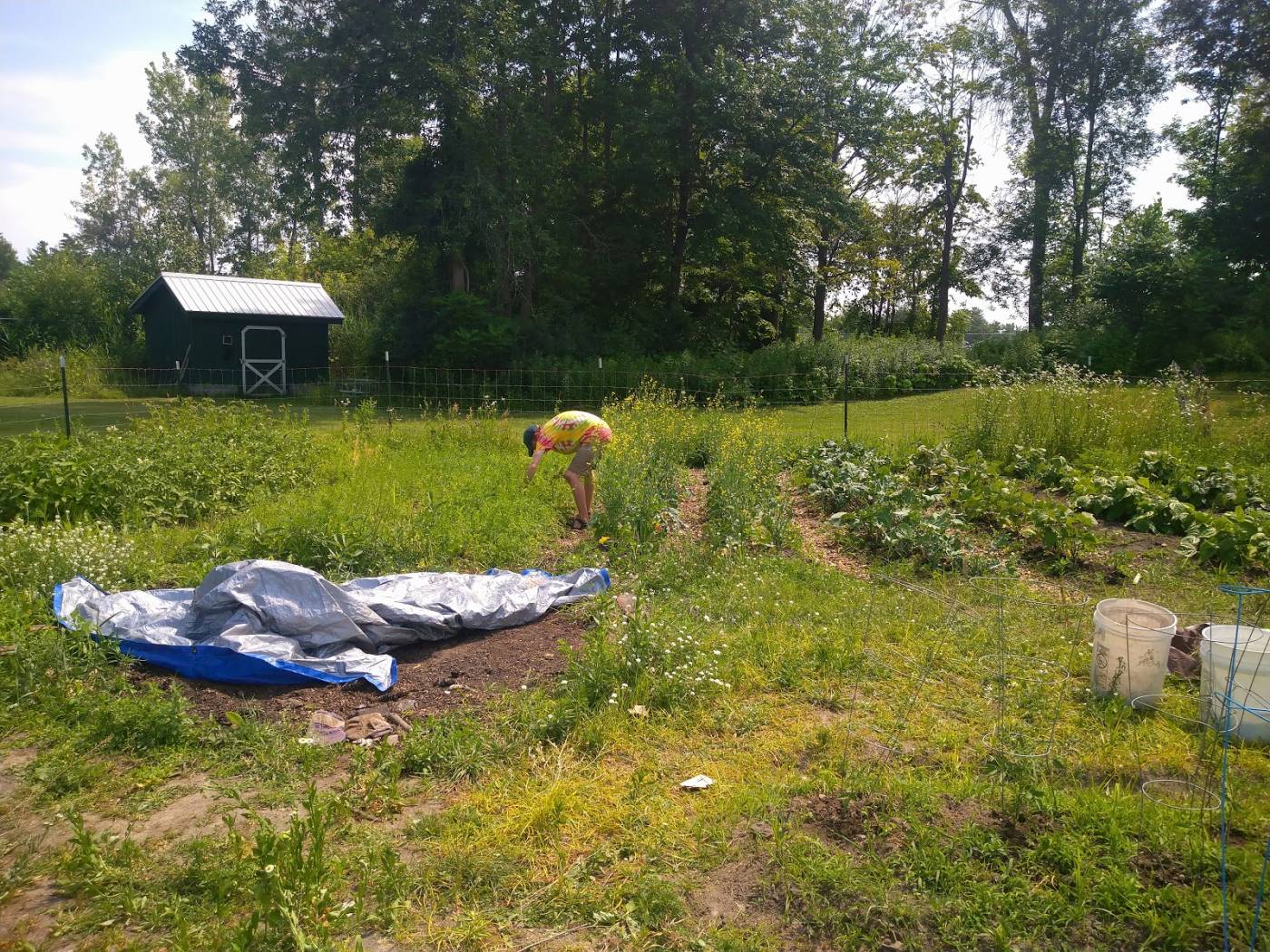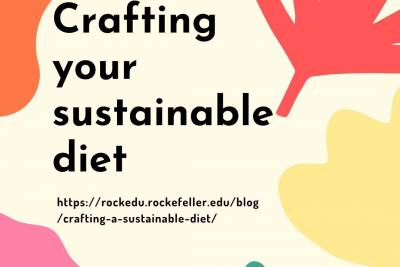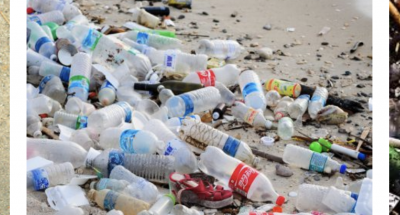Making Meaningful and Manageable Changes
The ubiquitous phrase, “The more I learn, the more I realize how much I don’t know,” is a sentiment shared by anyone delving into a new interest. For those of us learning more about sustainability and how to reduce our carbon footprint, it can sometimes feel like “The more I improve my habits, the more I realize I’m doing wrong.”
When the stakes are so high, moderation might not seem like an ethical option. Indeed, some environmental activists demand nothing less than total dismantlement of civilization as we know it. However, this is simply not realistic for most people. It’s important to remember that not everyone has the same bandwidth, time, or resources to dedicate towards sustainability efforts. If you are interested in reducing your carbon footprint but can’t change your lifestyle dramatically, I recommend that you first learn about efforts experts are making, then focus on identifying areas in which you can set moderate and achievable goals. In this article, I’ll review the benefits of a vegan or vegetarian diet, and discuss the controversies that arise in vegan and environmentalist communities.
Reducing meat consumption and moving towards a plant-based diet may be the biggest impact an individual can have on climate change. Previously, vegetarian and vegan diets were mainly popular for benefiting personal health and animal welfare, but more and more people are changing their eating habits for environmental reasons.

In a 2020 survey of 1,040 British adults, over 30% of people seeking to cut down on meat consumption cited environmental impact as a motivating factor.
Scientists are producing strong evidence that on average, a vegan diet has the smallest carbon footprint of any dietary lifestyle. However, vegetarian and Mediterranean diets are favorable alternatives. Variability is also important to bear in mind—some vegans generate more carbon than some omnivores.
Perceived hypocrisy is a major point of contention between vegans and environmentally conscious omnivores. Do you truly care about the environment and its inhabitants if you eat animal products? How can you preach “zero harm” while supporting companies that destroy habitats?
Division and misunderstanding could stem from differences in motivation– not everyone has the same goals for how their diet impacts the world. Someone who is chiefly concerned with animal welfare may believe that the choice to eat an animal is unacceptable, but feel comfortable consuming other environmentally unfriendly foods. For an environmental activist, the harm done by eating chicken once a week pales in comparison to frequent air travel. Despite the interconnectivity of these efforts, different perspectives and priorities can cause people to perceive each other as cruel, uneducated, and uncommitted.
Tim Nolan, President of SUNY Plattsburgh’s Environmental Action Committee, initially became vegetarian to avoid harming animals. “It was easy for me to sympathize with the ethical reason to be vegetarian,” he said. “It’s easier to become vegetarian for that reason than for climate change. If you feel strongly about animal welfare, there’s a visceral reaction.”

Tim Nolan volunteering in the SUNY Plattsburgh Campus Garden
Nolan decided to become vegan over a year ago in an effort to reduce his emissions. Now, with a new motivation driving his lifestyle choices, Nolan said that he would consider eating chicken if it was locally farmed and created negligible emissions.
“You don’t have to be vegan to boycott palm oil,” Nolan said. “A lot of people are vegan and still don’t boycott palm oil. It’s funny how many problems there are… The globalized nature of our diets now means that it’s never gonna be all good.”
Once awoken to the terrifying reality of anthropogenic climate change, inhumane factory farming, and habitat destruction by non-essential industries, it can be difficult not to judge friends and family who remain willfully ignorant. Yes, to a certain extent people should be educated and responsible about their impact on the world around them. However, it is impossible to integrate all of the available information into a perfectly ethical lifestyle. Everyone is ignorant in one area or another.
“I’ve seen online people who are extremely self-righteous, and it’s usually ethical vegans,” Nolan said. “Their emotional reaction is to be expected, so I understand why they’re a bit more combative. But at the end of the day it’s just annoying. Everybody just needs to calm down.”
Further, it can be intimidating to commit to vegetarianism or veganism. Especially for people living with family members or partners who eat meat, such a change can feel unattainable. Cutting out animal products is difficult for athletes who struggle to consume enough protein, or for people with an already limited diet due to allergies. When we’re presented with circumstances that make our ultimate goals appear unachievable, it’s tempting to abandon our efforts altogether. If you were climbing a mountain and heard that the summit was inaccessible, continuing the climb might seem pointless.
Unlike many achievement-oriented pursuits, reducing one’s emissions isn’t all or none. Much like adopting an exercise routine, anything is better than nothing, and small initial efforts are a gateway to more significant progress. Sure, some people can eliminate meat from their diet “cold turkey”, but that’s not the only way to have a meaningful impact.
Being kind and empathetic towards those with different ethical guidelines is an important component of inciting cultural change. Some people also face more resistance to becoming vegan, depending on the expectations of their families and communities. Meat serves as a class symbol, an important component of many traditions, and often is the only option at the dinner table. “Rejecting any cultural staple is at the very least questioned at every turn, by random strangers even,” Nolan said. “I totally understand why people are hesitant.”
Leading by example is powerful, and leads people to reach their own conclusions about reducing emissions and improving animal welfare without feeling attacked. It also affords people the freedom to explore their own ideas for reducing waste and living sustainably, which should be respected and celebrated. Just as everyone serves a unique role in their local and global communities, everyone can contribute to this effort in different ways, which in turn may inspire a broader audience of people to get involved.
If you’re interested in reading more on this topic, read about crafting your own sustainable diet.





